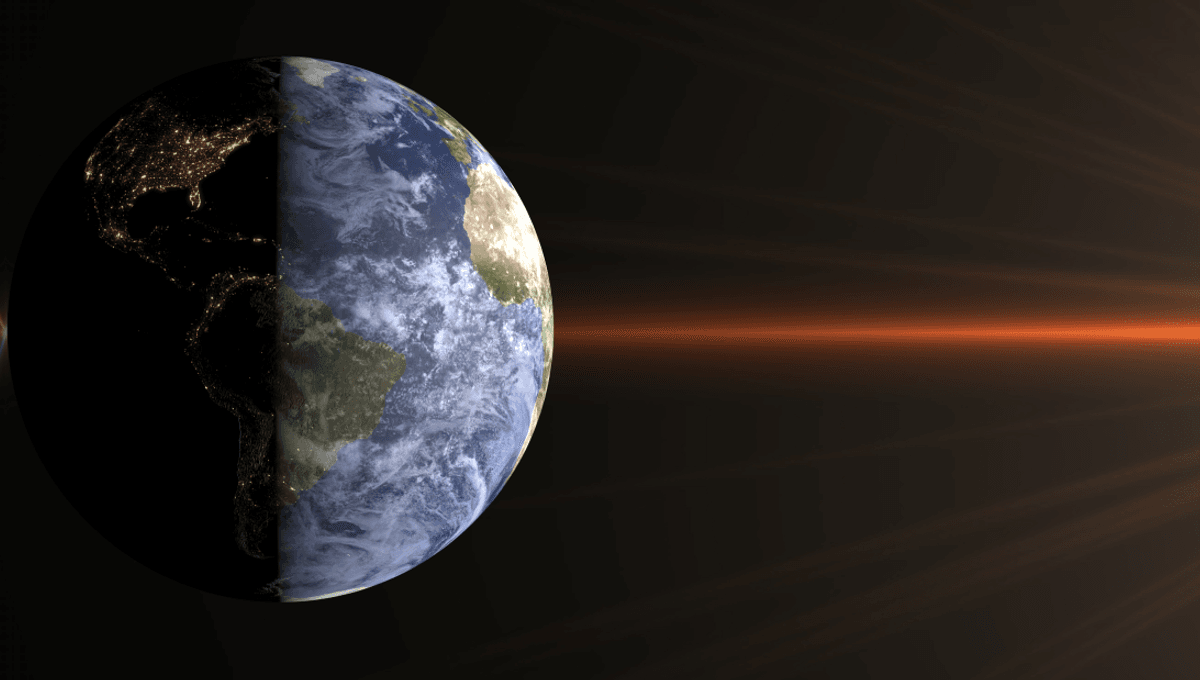
The first day of fall is marked by the autumn equinox, which this year lands on Saturday, September 23. The equinox is a day that sees equal parts day and night and it happens twice a year; once on the vernal equinox in spring, and then again in the fall.
The equinox is steeped in folklore and traditions, but not all of them are so legitimate. One of the more peculiar myths surrounding these days of balanced day and night is that it briefly becomes possible to balance an egg on its end because of the polarity of the Earth.
The good news is that yes, you can balance an egg on the fall equinox. The less fun caveat is that, provided you’re patient enough, you can do it on every other day of the year too. In 1984, a scientist at the University of Minnesota actually tested this by balancing eggs on the equinox and on other days during the year.
“The upshot is that, as far as I can tell, there isn’t too much relationship between astronomical phenomena and balancing eggs,” astronomer Frank Ghigo said, as reported by Snopes. “It is basically a function of the shape of the egg and the surface.”
He did, however, point out that “the mood and persistence of the balancer has a major effect on the balancing rate.”
“If one is impatient or nervous, the rate is low.” Figures.
What fall lacks in egg magic it makes up for in russet hues, as parts of the globe will soon see their lawns buried beneath fallen leaves. Before you start angrily stuffing them into trash bags, it might interest you to know that there’s a whole host of benefits to keeping fall leaves.
While you shouldn’t abandon your lawn completely (too many leaves can block out the light and kill the grass), keeping a thin layer shredded up with a lawn mower leads to mulch, something your lawn will love.
“Those nutrients are being returned to the soil,” Susan Barton, a professor and extension specialist in landscape horticulture at the University of Delaware, told NPR. “But probably even more important than that, it’s the organic matter. It’s the fact that you’ve got this tissue that then eventually decomposes and improves the soil health.”
Mulch also attracts a biodiverse host of invertebrates, which can attract wildlife further up the food chain. Birds and other predators will appreciate the easy lunch, and you save time not waging daily war on leaves. Win-win!
And if you’ve ever wondered why leaves change their color in the fall? Well, that’s a whole other can of scientific worms.
Source Link: The Fall Equinox Is Coming – Here's What It Means (And What It Doesn't)